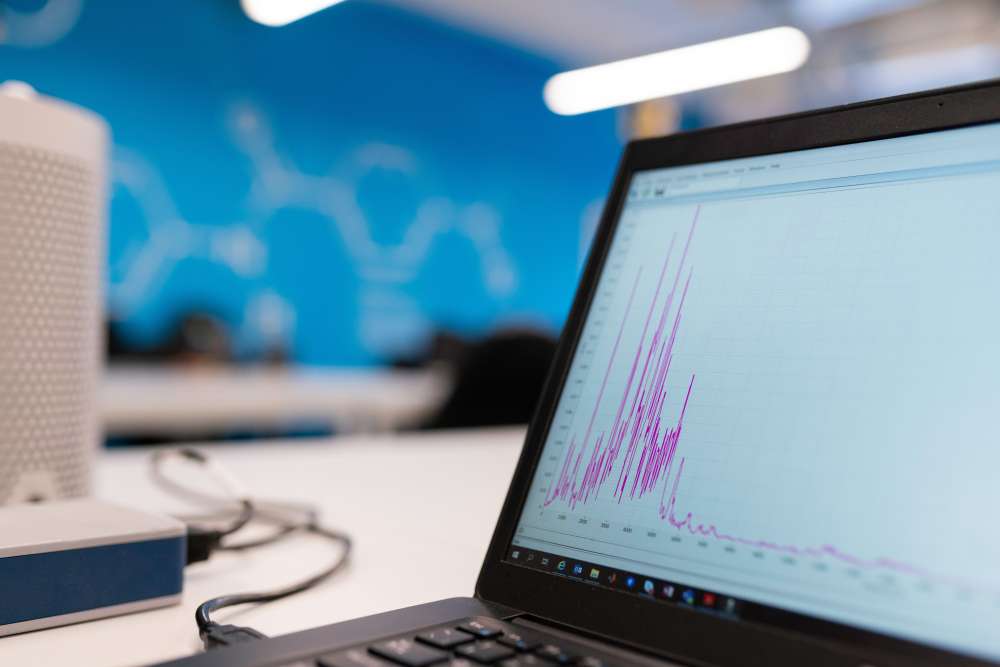Strategic Foresight
Strategic foresight can help governments and international organizations prepare for and shape the future. At GPPi, we conduct research on how these and other actors can integrate foresight into their analyses, decision-making and actions. Our futures toolkit includes scenario-based foresight, gaming and policy design methods, anticipation, statistical and algorithmic forecasting, as well as early warning and simulation approaches. By both driving methodological innovation and suggesting ways to overcome the status-quo biases that govern many policy cultures, we want to enable more futures-proof and, ultimately, more robust political decisions.
Gegen den Strich: Zukunftsforschung und Sicherheitspolitik
Kassandra hat es, so der Mythos, mit präzisen Prognosen versucht und wurde ebenso ignoriert wie Deutschlands osteuropäische Nachbarn vor Russlands Vollinvasion der Ukraine. Was kann die Zukunftsforschung zu einer besseren Sicherheitspolitik beitragen?
Making Foresight Count: Success Factors for Futures Analysis in Foreign and Security Policy
Ever wondered how different types of futures analysis could help improve policy processes, and how to implement them successfully? Based on insights from three projects, this study offers inspiration and guidance.
The Power and Limits of Data for Peace
To strengthen its ability to predict violent conflict, the EU should add innovative approaches to its foresight toolbox. Then it must bridge the gap between early warning and preventive action.
An Agenda for Expanding Forecast-Based Action to Situations of Conflict
Forecast-based humanitarian action enables actors to start their work before a predicted disaster strikes. To save even more lives, anticipatory actions could be expanded to conflict situations.
Future-Proofing EU Security, Enlargement and Eastern Neighborhood Policies
REUNIR will examine how the EU can strengthen its foreign policy and security toolboxes to bolster the resilience and transformation of (potential) candidate countries in this new age of international relations. GPPi will develop the project’s foresight approach to systematically identify and assess risks of authoritarian foreign influencing in EU candidate countries, and to ensure that recommendations for EU policymakers are robust against a range of plausible scenarios.
Experts
Sarah Bressan
Julian Heiss
Marie Wagner
Paul Flachenecker
Philipp Rotmann
Lea Marlene Korb
Gelila Enbaye
Andreas Heinemann-Grüder
Funding & Contact
For our work on strategic foresight, we have received funding from the European Commission (Horizon Europe), the German Federal Foreign Office, and the Industrieanlagen-Betriebsgesellschaft mbH (IABG).
For more information, please contact Sarah Bressan.










